About Fairfax Falls Church Community Services Board Adult Detention Center
The Fairfax Falls Church Community Services Board Adult Detention Center is a leading provider of treatment and rehabilitation services for those struggling with addiction and mental health issues. With a wide range of services offered, the center is able to meet the needs of a variety of individuals. Some of the services offered include alcohol rehab, dual diagnosis treatment, opioid addiction treatment, adult and young adult programs, men’s and women’s rehab, outpatient and inpatient care, detoxification, sober living homes, aftercare support, and a variety of therapy options. Whether you are struggling with addiction or mental health issues, the Fairfax Falls Church Community Services Board Adult Detention Center can help you get on the road to recovery.
Addiction Treatment Programs
Alcohol Rehab
The best way to achieve recovery from alcohol use disorder is by completing a high-quality alcohol rehab in Virginia and applying the tools you learn to stay in sobriety. During this program, you’ll work with professional counselors to deal with the psychological, emotional, and physical issues that alcohol misuse can cause. Over time, you’ll learn how to live without drinking long term.
Dual Diagnosis
For many people in Virginia, dual diagnosis treatment that addresses mental health and substance use is essential to their recovery. A successful recovery may require counseling, peer support, and even mental health medication to help you manage your mental health symptoms and find better coping strategies.
Opioid Addiction
Facilities that offer substance use treatment in Virginia can give you the skills and tools you need to break free from opioid addiction. High-quality treatment lays a foundation for sobriety and helps prevent relapses by giving you new ways of thinking, better coping skills, and a better understanding of key life skills such as emotional regulation and communication.
Adult Program
Adult program programs in Virginia address the specific needs of this stage of life. Adult programs may include detox, inpatient treatment, outpatient care, aftercare services, and more. In addition, they will help you navigate the challenges you face in daily life.
Men's Rehab
A men’s rehab in Virginia can provide every level of care while addressing the unique needs of men. Men’s programs may include detox, inpatient treatment, outpatient care, and aftercare services. They will also provide education around gender-specific concerns such as fatherhood, healthy relationships, and more.
Women's Rehab
Choosing a women’s rehab in Virginia can be a great way to manage gender-specific issues while also addressing substance use. Women’s programs may include detox, inpatient treatment, outpatient care, aftercare services, and more. They will also address issues specific to women such as motherhood, being a working mother, having healthy communication, and more.
Young Adult Rehab
A young adult rehab in Virginia addresses the recovery needs of clients in this life stage and gives them the tools they need to succeed. Young adult programs may include detox, inpatient treatment, outpatient care, aftercare services, and more.
Insurance Coverage
Self-pay options
One way to pay for rehab in Virginia is using self-pay, where you write a check, use a medical loan, or send money to the center electronically. This gives you maximum flexibility in choosing the center you prefer. The fee structure may vary depending on the type of treatment.
Free
When looking for ways to get addiction treatment in Virginia, consider looking for free rehabs. Many free rehabs are run by the local state or county, so that’s a good place to start looking. You’ll want to ensure the treatment is evidence-based and the program is operated by qualified professionals.
Medicaid
When you’re planning to use Medicaid to pay for rehab in Virginia, there are a few details to keep in mind. Using Medicaid can allow you to access treatment without paying much, if anything, out of pocket. Be sure to find a center that accepts Medicaid and has the level of care you need.
Military insurance
In Virginia, using military insurance to pay for rehab can allow you to get the care you need. Plans vary, so be sure to contact your insurance company to find out coverage details and what copayments or deductibles you might be responsible for.
Financing available
If a treatment program has financing options available, you can use them to help pay for substance use treatment in Virginia. Financing options include payment plans, grants, scholarships, or even medical loans. These payment methods can make getting the help you need much more affordable.
Sliding scale payment assistance
In Virginia, finding a rehab with a sliding scale payment plan can allow you to get the care you need. Centers make lower fee arrangements for those in need based on income and family size. You may need to provide documentation.
Medicare
If you have Medicare, you can use it to help pay for substance use treatment in Virginia. You’ll want to find out what treatment centers accept your plan and get the details on what out-of-pocket costs you might have, such as deductibles and copays.
Private insurance
Paying for rehab in Virginia can be done in multiple ways, including using private insurance. Contact your insurer to get details about coverage and out-of-pocket costs, such as deductibles and copayments.
Levels of Care
- 1
Detox Treatment
If you’re ready to break free from addiction in Virginia, the first step is detox. Rehab programs often use FDA-approved medications, nutrition, therapy, and other treatment methods to ensure detox is safe and you’re ready for the next step in treatment.
- 2
Inpatient Rehab
If you’re starting out on your recovery journey, inpatient treatment can give you the focused, supportive environment you need to build a solid foundation. Inpatient treatment provides focused therapy that allows you to understand the roots of substance use, learn healthy coping skills, and create a new life.
- 3
Outpatient Rehab
If you struggle with addiction in Virginia, outpatient care is one option for rehab. You’ll live at home or in sober living outside of sessions. There are several goals in outpatient treatment. Some sessions may be focused on education about a certain topic, while others allow clients to discuss a specific issue they face.
- 4
Aftercare Support
Aftercare in Virginia will help you connect with resources and support from others so you can encourage each other over the long term. One element of aftercare that can be very helpful is peer support, where you connect with those who have been where you are.
- 5
Sober Living Homes
During sober living in Virginia, clients live in a safe, substance-free home and can build relationships with others in recovery. One element of sober living that can be very helpful is peer support, where you build relationships with others in recovery and learn from those who have been where you are.
Therapies
Cognitive Behavior Therapy
Receiving cognitive behavioral therapy in Virginia helps you identify your automatic interpretations of situations and how that impacts your behavior. CBT may include role-playing to help you imagine specific situations that might trigger a negative reaction so you can practice challenging automatic thoughts and choosing a more positive response.
Dialectical Behavior Therapy
Receiving dialectical behavioral therapy in Virginia helps you identify your strengths and learn how to create a better life for yourself. DBT may include role-playing to help you imagine specific situations that might trigger a negative reaction so you can practice healthy coping mechanisms and choosing a more positive response.
Family Therapy
If you struggle with addiction in Virginia, it’s common to have broken and dysfunctional family relationships. Family therapy can help you address those issues and find support from your loved ones. During family therapy, you may talk about acceptance issues, past trauma, communication problems, and more. These discussions are facilitated by a professional who brings an unbiased perspective and can promote healthy communication.
Group Therapy
If you struggle with addiction in Virginia, it’s common to feel like no one understands you. Group therapy can help you find common perspectives and support. There are several goals in group therapy. Some sessions may be focused on education about a certain topic, while others allow clients to discuss a specific issue they face. Overall, the group members hold each other accountable and provide encouragement.
Individual Therapy
In Virginia, individual therapy allows you to work one-on-one with a professional to address your past experiences and substance use triggers. This support and accountability help you establish recovery. Individual therapy is only one element of rehab treatment, along with activities, peer support, group counseling, relapse prevention, and more. Together, all these methods support you in establishing long-term recovery.
Trauma Therapy
When you’ve experienced trauma, it’s natural to try to protect yourself from further harm. Trauma-informed therapy in Virginia can help you see how substance use is connected to your past experiences and how you can learn to care for yourself in healthier ways. Substance use treatment includes detox, inpatient treatment, and outpatient care, and trauma-informed therapy may be a part of each of these stages. The goal is to help clients acknowledge past experiences, address their feelings, and develop healthy coping mechanisms.
Accreditations
Location
Contact Fairfax Falls Church Community Services Board Adult Detention Center
Top Drug Rehab Centers in Virginia
-
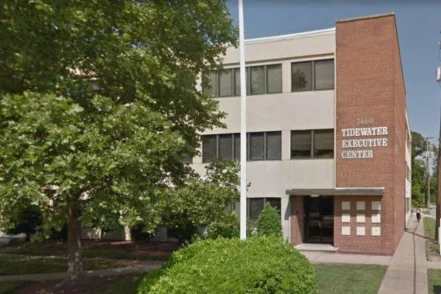 Virginia
VirginiaNorfolk Community Services Board Tidewater Drive
7460 Tidewater Drive Norfolk, Virginia 23505
-
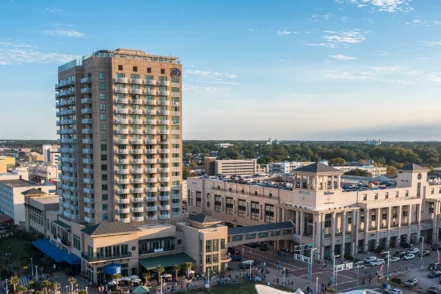 Virginia
VirginiaTidewater Psychotherapy Services
240 Business Park Drive, Suite 100 Virginia Beach, Virginia 23462
-
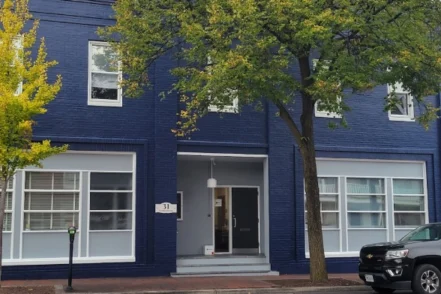 Virginia
VirginiaBridging the Gaps South Braddock Street
31 South Braddock Street Winchester, Virginia 22601
-
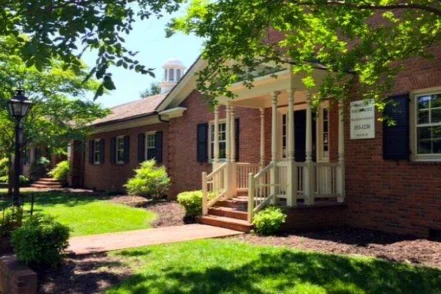 Virginia
VirginiaThe Coleman Institute Richmond
204 N. Hamilton St., Suite B Richmond, Virginia 23221
-
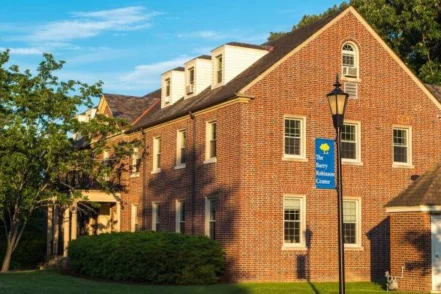 Virginia
VirginiaBarry Robinson Center
443 Kempsville Road Norfolk, Virginia 23502
-
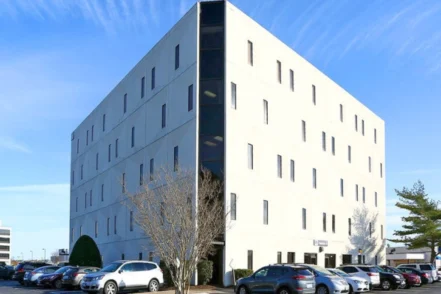 Virginia
VirginiaAdult Outpatient Services Virginia Beach
297 Independence Blvd, Suite 126 Virginia Beach, Virginia 23462
-
 Virginia
VirginiaSellati and Co Virginia Beach Methadone Clinic VBMC
1728 Virginia Beach Boulevard, Suite 113 Virginia Beach, Virginia 23454
-
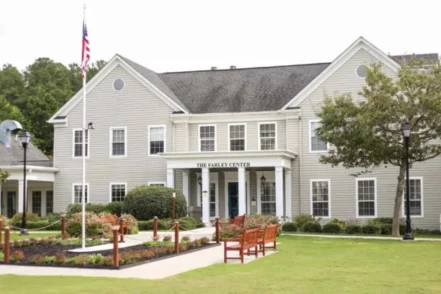 Virginia
VirginiaThe Farley Center
5477 Mooretown Road Williamsburg, Virginia 23188
-
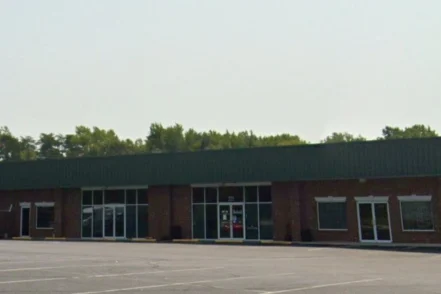 Virginia
VirginiaCrossroads Treatment Danville
1555 Meadowview Drive, Suite 5 Danville, Virginia 24541
-
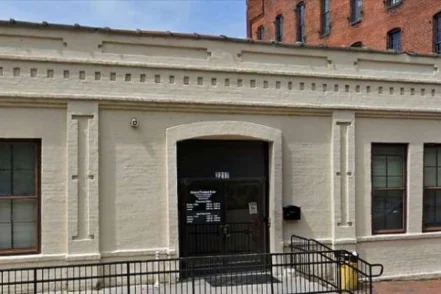 Virginia
VirginiaNew Season Richmond Treatment Center
2217 East Franklin Street Richmond, Virginia 23223
-
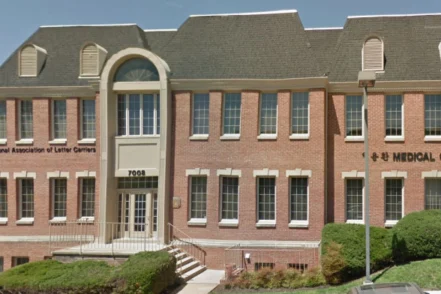 Virginia
VirginiaFairfax Methadone Treatment Center
7008 Little River Turnpike, Suite G Annandale, Virginia 22003
-
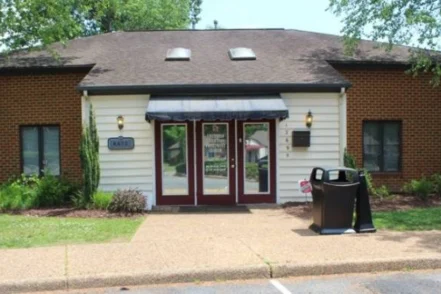 Virginia
VirginiaAmerican Addiction Treatment Center
12695 Mcmanus Boulevard, Building 2 Newport News, Virginia 23602
-
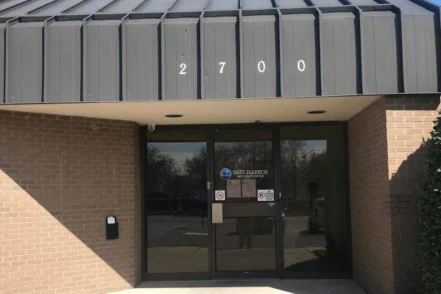 Virginia
VirginiaSafe Harbor Recovery Center Portsmouth
2700 London Blvd Portsmouth, Virginia 23707
-
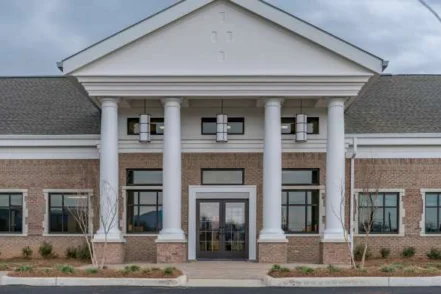 Virginia
VirginiaMount Regis Center Knotbreak Road
125 Knotbreak Road Salem, Virginia 24153
